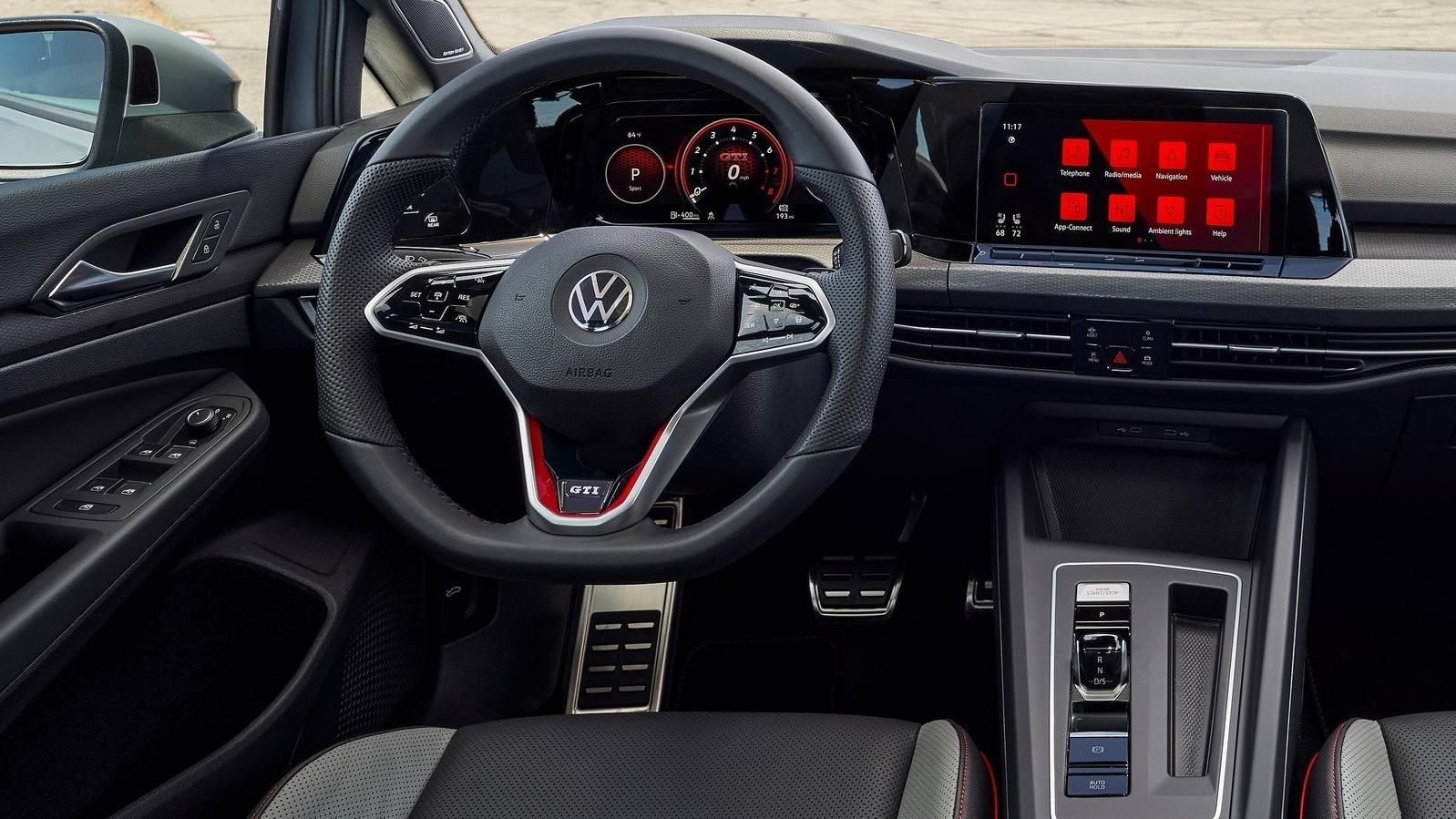Volkswagen CEO Admits It Was A Mistake To Abandon Buttons And Other Physical Controls
Thomas Schäfer just threw Herbert Diess under the bus.
The current Volkswagen GTI may be a better performance car than its predecessor, but for a lot of people that doesn't really matter. They won't even consider the new GTI (or any number of other new Volkswagens) because it almost entirely lacks physical controls. Want to change the climate control at night? Well, good luck doing it quickly because that now requires you to use slide controls that aren't even backlit. As frustrating as that may be, the good news is, Volkswagen seems to have at least partly learned the error of its ways.
Speaking with Autocar, Volkswagen CEO Thomas Schäfer said the new Tiguan gets a few more physical controls than some of the other vehicles in the lineup because customers really don't like haptic inputs. He then went so far as to say that his predecessor Herbert Diess's decision to go that route "definitely did a lot of damage" to the brand.
"We had frustrated customers who shouldn't be frustrated. So we've spent a lot of time now – working through really systematically – on what all the functions are that a customer usually touches when using a vehicle," Schäfer told Autocar. "We rank them. What are the most important ones? Which ones need to go on buttons? Which one needs to go on the screen? First level, second level, third level? And where do you intuitively reach when you want to switch on the light?"
Once that's done, he told Autocar there's still more work to do, saying, "Should it be a button? Should it be a switch? And then you can work on the aesthetics of it. When you do buttons, it's better to do few buttons, but really nice buttons – like an aeroplane: what are the haptics of it? We worked through this with a massive team. It took us quite a bit of time. It was an Excel spreadsheet as big as a room, but you have to do that."
He then promised that the upcoming Volkswagen ID.2 would really show off the results of this new approach — one that also focuses on making sure controls are intuitively placed so customers are less likely to have to break out the owner's manual to figure out how to change something. We'll have to see how far they go, though, because after all, buttons and switches are significantly more expensive than touchscreens.
